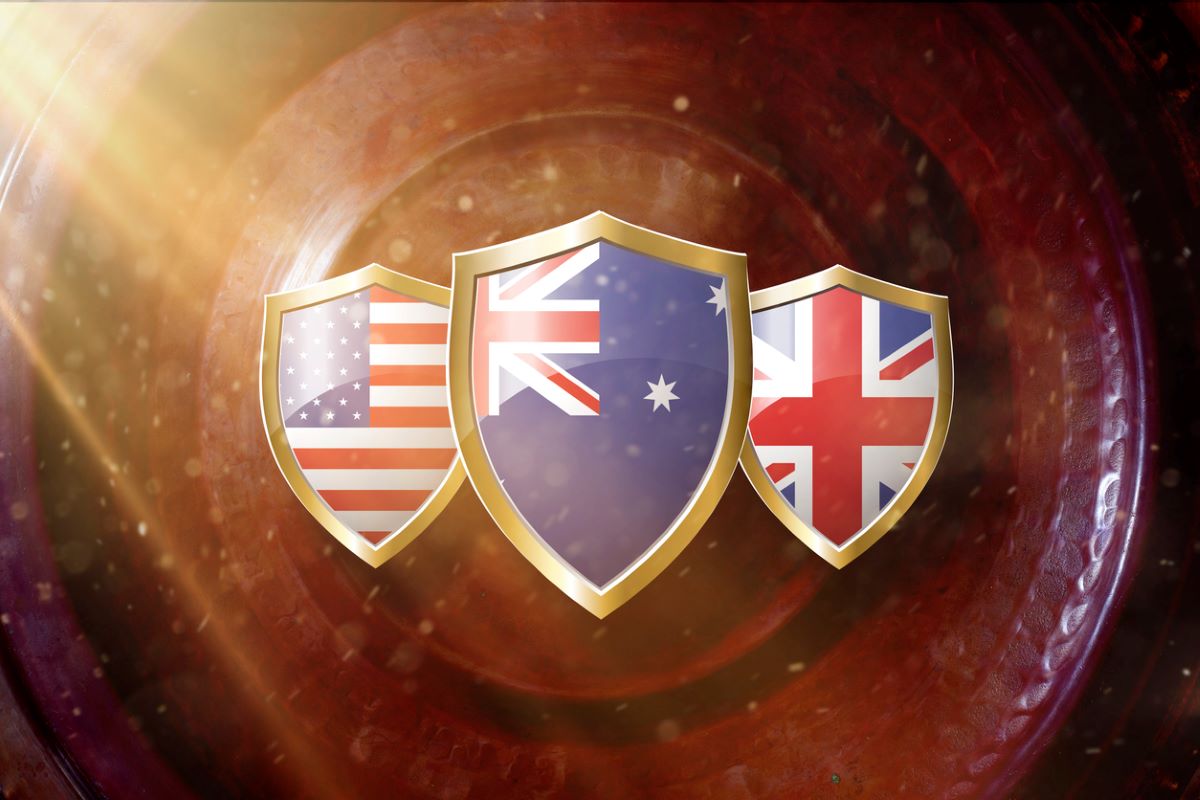IML 2025: Australia Masters beat England Masters to set semis date with India Masters
The win ensured Australia Masters finished third on the IML points table, setting up their knockout clash with No. 2 placed India Masters.
First, do eight nuclear submarines by 2040 make serious military sense for Australian security? We can understand that a maritime power in the South Pacific with lots of coastal waters to patrol needs a strong navy. But as former Prime Minister Paul Keating rightly pointed out, China is a landbased power and, being over 3,220km away from Australia, does not present a military threat to the country.

representational image (iStock photo)
In a televised unveiling of Aukus, a trilateral security pact between Australia, the UK and US, President Joe Biden called Australian Prime Minister Scott Morrison “that fellow from Down Under” in what appears to have been a senior moment. Considering that the military alliance has upset a lot of people from China, France and even their own commentators, this gaffe should not have been surprising.
Has Australia, one of the four advanced Organisation of Economic Cooperation and Development (OECD) countries from the Asian region (Japan, South Korea and New Zealand), seriously thought through AUKUS implications on her Asian neighbours?
Advertisement
First, do eight nuclear submarines by 2040 make serious military sense for Australian security? We can understand that a maritime power in the South Pacific with lots of coastal waters to patrol needs a strong navy. But as former Prime Minister Paul Keating rightly pointed out, China is a landbased power and, being over 3,220km away from Australia, does not present a military threat to the country. Assuming that the nuclear submarines will be similar to those planned by the US, which will acquire 12 of the Columbia class nuclear submarines for $128 billion by 2030 (US GAO), Australia may be paying at least $85 billion for equipment that may be obsolete by the time they come onstream.
Advertisement
By 2040, even the US director of National Intelligence has admitted that China’s GDP (22.8 per cent of world GDP) would outclass the US (20.8 per cent). Twenty years is a long time to improve defences against submarine attacks. Submarines have at best deterrent effects under conventional warfare, but their real threat comes from carrying nuclear missiles. But even the potential of carrying such missiles would invite enemy nuclear retaliation.
This is exactly why ASEAN countries like Malaysia and Indonesia showed serious concern that the Auskus deal may become a catalyst to the nuclear arms race. If that is the case, Australia would lose her status as a haven for nuclear-free living, something that New Zealand cares seriously about, which is why she distanced herself from the deal.
Second, who would spend nearly the same amount of money that they earn to point a gun at their best customer? China imported $100 billion in 2020 from Australia, with the latter earning a trade and service surplus of $55.5 billion. Then to spend $85 billion (with likely huge over-runs based on past experience) on defence against your top trading customer defies business logic.
Third, the Anglosphere military alliance created a split with Europe, already sore after Brexit and Kabul. France is not only the first foreign ally of the US (helping in the US Independence War against Britain), but also has serious Indo-Pacific interests with 93 per cent of her maritime economic exclusivity zone (10.2 million sq km), the second largest in the world, located there.
Fourth, you have to ask whether Australian military intelligence is an oxymoron when they recently ordered 70-tonne US Abram tanks that are too heavy to carry by train nor across Northern Territory bridges by road to defend the Northern Australia coast.
(The Phom Penh Post)
Advertisement